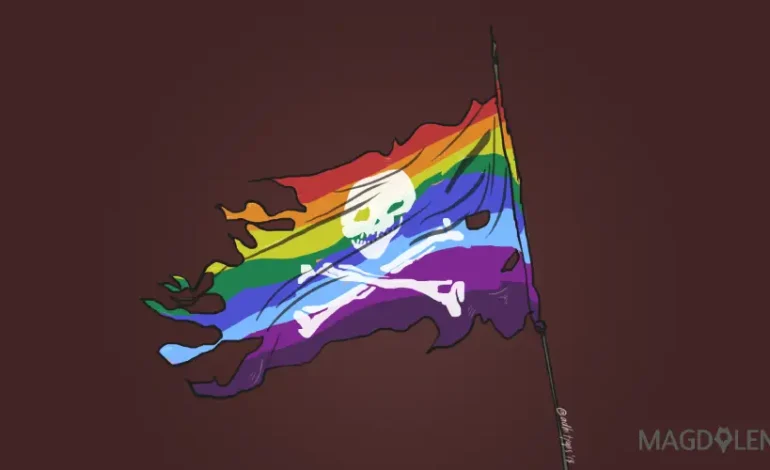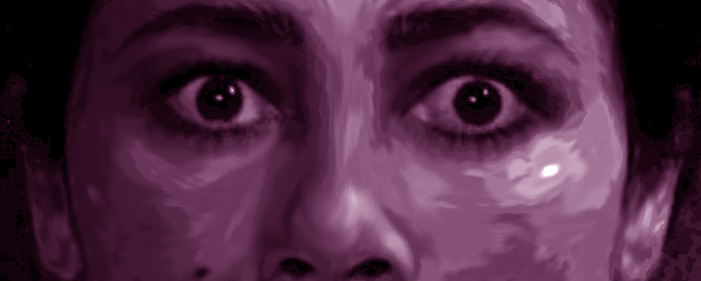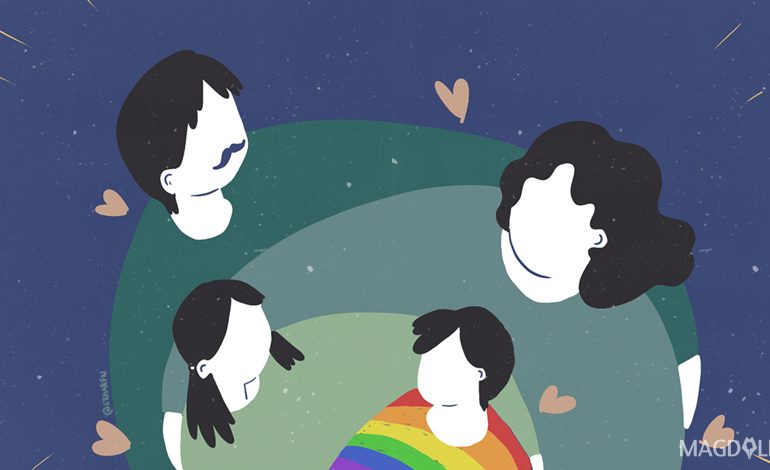How Homophobia Distorts Our Conversation about Rape Culture

I was scrolling through my Twitter timeline while commuting, when I saw a viral thread exposing an account that posted videos of a guy recording himself sexually assaulting men in their sleep. As if it wasn’t bad enough, the man behind the account claimed that he does that literally to every guy sleeping around him, be it his brother or his cousins. He even tweeted to open a discussion of using roofies on others to commit sexual violence.
These, obviously, sent my blood to boil. I felt a strong urge to bring hell to this rapist, to do whatever I could in my power to make him suffer, starting with retweeting the tweet exposing him. But it was then, after reading the reposter’s thread, that I discovered some things that I found equally problematic.
One of the persons who reposted the videos began her thread by stating that she was not a homophobe (and we know where this kind of statement usually leads to). And then she began her homophobic rants, focusing on the perpetrators sexual orientation, instead of the actual crime he had committed.
Sadly, the thread was retweeted thousands of times already and replied by hundreds of those who supported the sentiment. This effectively distorted what we should be addressing and created an even bigger problems: justifying rape culture while criminalizing a whole sexual minority group.
Rape culture exists and thrives in Indonesia, and most people don’t realize this. One of the most obvious examples is the Article 285 of KUHP that defined the act of rape as violence or a threat of violence in order to have an intercourse with a woman outside marriage. This means that the legal definition of rape is an intercourse with a woman outside marriage, focusing on the woman as a property instead of human who is capable to choose whatever she wants. This then further stigmatizes rape victims/ survivors in society as we can see happening around us to this day. We can see how easy it is for the public to blame and drag down the victims/survivors instead of sympathizing with them.
However, when it happened to men and perpetrated by men, the reaction comes back stronger and louder. In her essay “The Rape Culture,” sociologist Dianne F. Herman said that “the image of heterosexual intercourse is based on a rape model of sexuality.” She argued that media actively exaggerate the dichotomy between men and women that leads to normalizing the dynamics of power relation. The heterosexual relationship and intercourse are always dichotomized that we can easily identify the aggressive and the passive, the dominant and the submissive. This is a very patriarchal culture that we should be aware about since it is the very same thing that makes sexual predators flourish among us.
The strong sentiment exhibited on the viral tweets on this rape case is very much counterproductive to the whole idea of fighting rape culture. The thread garnered a number of reactions, one of them coming from a man who thinks that it is okay to normalize men raping women, but not men raping men. The fact that there is someone out there who thinks that it is all right to spread the idea of women as the lesser human of the two sexes shows that there is a degree of tolerance in our society towards predatory behavior.
Homophobia, in this context, not only hinders the local LGBTQ community’s movement, but also worsens the double standards and sexism directed at women. Rape is rape. Sexual orientation is irrelevant to this case. This is a reminder to all of us that patriarchy is exactly the enemy both to the well-being of women and the groups of sexual minorities.
Highlighting a rapist’s sexual preference always blurs the focus on addressing the issue of rape culture. Prior to the tweet I mentioned above, there was another distorted discussion on the topic of predatory behavior a few weeks back on the same platform. Someone tweeted about the “privilege” of the LGBTQ community to use the homophobia and transphobia “cards” if someone called them out for sexually assaulting others or being inappropriately sexual in public. But instead of focusing on their predatory behaviors, the original poster chose to focus on how the LGBTQ community “acts up” just because they hold the “special cards”.
This thread also summoned series of pro-cons that diverted all the attention to the sexual preferences of the perpetrators instead of focusing on their predatory behaviors and how we should deal with the rape culture. While I agree that the perpetrators are in the wrong, the focus of this discussion merely reignited the flame of homophobia while not doing so much to the actual problem.
There is absolutely no “special cards” the local LGBTQ community holds, and the fact that the vocal majority is making this up is enough proof. At the same time, we live in a patriarchal society that normalizes and even romanticizes the hardships women have to face every single day. So, a patriarchal society would quickly react to instances of them being treated the way they’ve always treated women because they are fully aware of how bad it really is.
In this matter, homophobia becomes a way a patriarchal society maintains the status quo, while at same time preserving rape culture. Avoiding to talk about this would only give justification to predatory behaviors and actually create a favorable environment for predators to grow and flourish in society.
Find out Nikita’s journey to losing a third of her body weight.






















